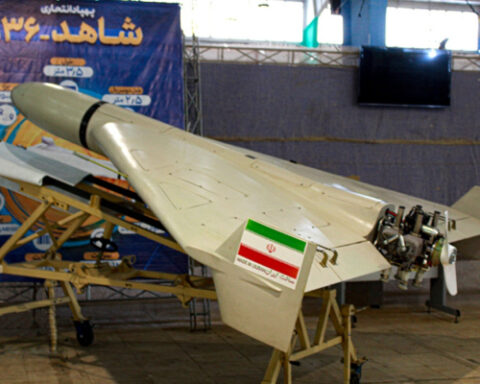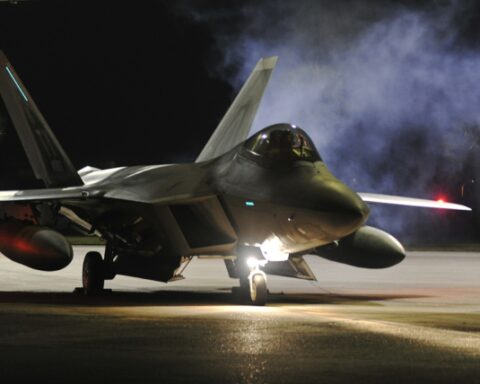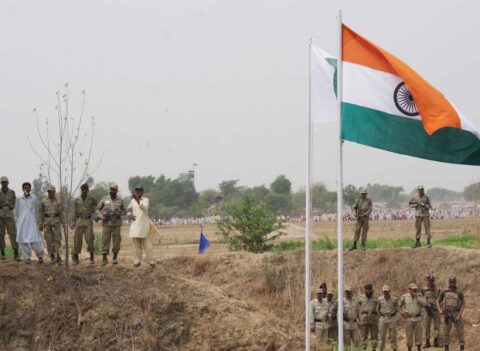In the wake of a series of devastating airstrikes by Israel, Iran has now reportedly expressed a willingness to re-enter negotiations with both Israel and the United States.
Reports indicate that Iranian officials have communicated through Arab intermediaries, signaling their openness to diplomatic discussions—conditional upon the U.S. refraining from joining offensive military actions against Tehran.
The Israeli attack, which commenced on June 12, targeted key figures in Iran’s military leadership and aimed to disrupt its nuclear capabilities.
As a result of these strikes, Israel now enjoys a significant air superiority over Iran, creating a precarious balance in the region.
President Donald Trump confirmed the reports of Iran’s interest in negotiations, emphasizing the need for a deal and suggesting that both parties have suffered during the ongoing conflict. “They should talk, and they should talk immediately before it’s too late,” he stated.
Despite Iran’s calls for dialogue, the country has launched counterattacks that have resulted in limited damage to Israel, largely thanks to Israel’s advanced missile defense systems.
Nevertheless, the Iranian missile strikes have caused widespread alarm, prompting many Israelis to seek refuge in bomb shelters over the weekend.
An Arab official noted that while Iran recognizes U.S. logistical support for Israel, it is primarily concerned about potential American military involvement. “They want guarantees the U.S. won’t join the attacks,” the official stated, reflecting Iran’s anxiety over escalating hostilities.
Trump has sent mixed signals regarding the U.S. military’s role, suggesting that while American involvement is possible, the current focus remains defensive.
During a recent interview, he reiterated the importance of Iran returning to the negotiating table, framing the situation as one where both sides must find a resolution.
Israeli Prime Minister Benjamin Netanyahu has vowed to sustain military operations until Iran’s nuclear capabilities are effectively neutralized.
In the backdrop of this conflict, Russia has offered to mediate, leveraging its diplomatic relationships with both nations. A phone call between Trump and Russian President Vladimir Putin explored potential pathways to peace, with Putin advocating for renewed diplomatic efforts regarding Iran’s nuclear program.
As the situation unfolds, the potential for renewed dialogue represents a crucial juncture in a conflict that has profound implications for regional stability and international relations.
[READ MORE: Iran Launches Major Revenge Strike Against Israel]








